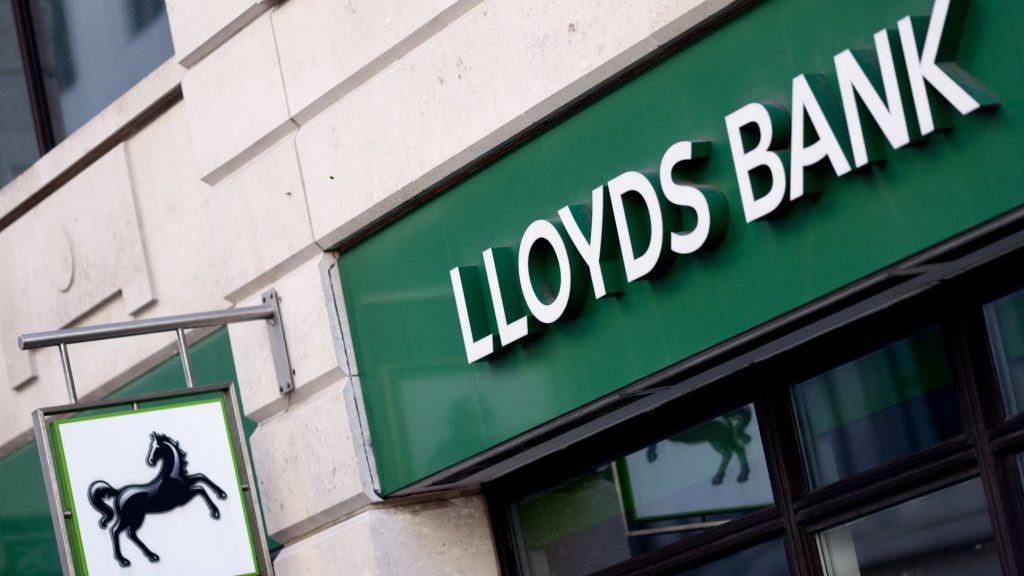UK Income Growth Lagged Peers In Period Dominated By Conservatives, Think Tank Says

Incomes in Britain grew at half the pace of those in the U.S. and lagged even further behind those in Germany over the 12 years to 2019, a period covering much of the ruling Conservative Party’s time in power, researchers said on Friday.
With campaigning for a July 4 election focusing largely on the economy, the non-partisan Institute for Fiscal Studies (IFS) said median incomes in Britain grew by 6% between 2007 – at the onset of the global financial crisis – and 2019, before the COVID-19 pandemic.
By comparison, it rose by 12% in the U.S. and 16% in Germany, according to the data, which echoed other signs of the hit to incomes in Britain compared with fellow rich economies.
The UK’s relative performance had not improved in the years since the pandemic, the IFS said.
“Although there has been a widespread slowdown in growth internationally since the financial crisis, the UK has fallen from being one of the fastest growers prior to the Great Recession, to one of the weakest performers,” Tom Waters, an associate director at IFS, said.
Only France, Spain and Greece performed worse over the period among the 14 countries analysed by the IFS.
British Prime Minister Rishi Sunak – who is struggling to reverse the Conservatives’ low ratings in opinion polls – says the economy is now turning a corner after the pandemic and the surge in energy prices.
The opposition Labour Party accuses the Conservatives of overseeing economic failure since taking power in 2010.
The IFS said in the period between the 2009/10 and 2022/23 financial years, median incomes in Britain also grew by 6%, much slower than growth of 30% that would have been expected before the global financial crisis.
Weak pay growth underscored the need to improve the country’s weak productivity record, it said.
(Writing by William Schomberg; Editing by Sriraj Kalluvila)




